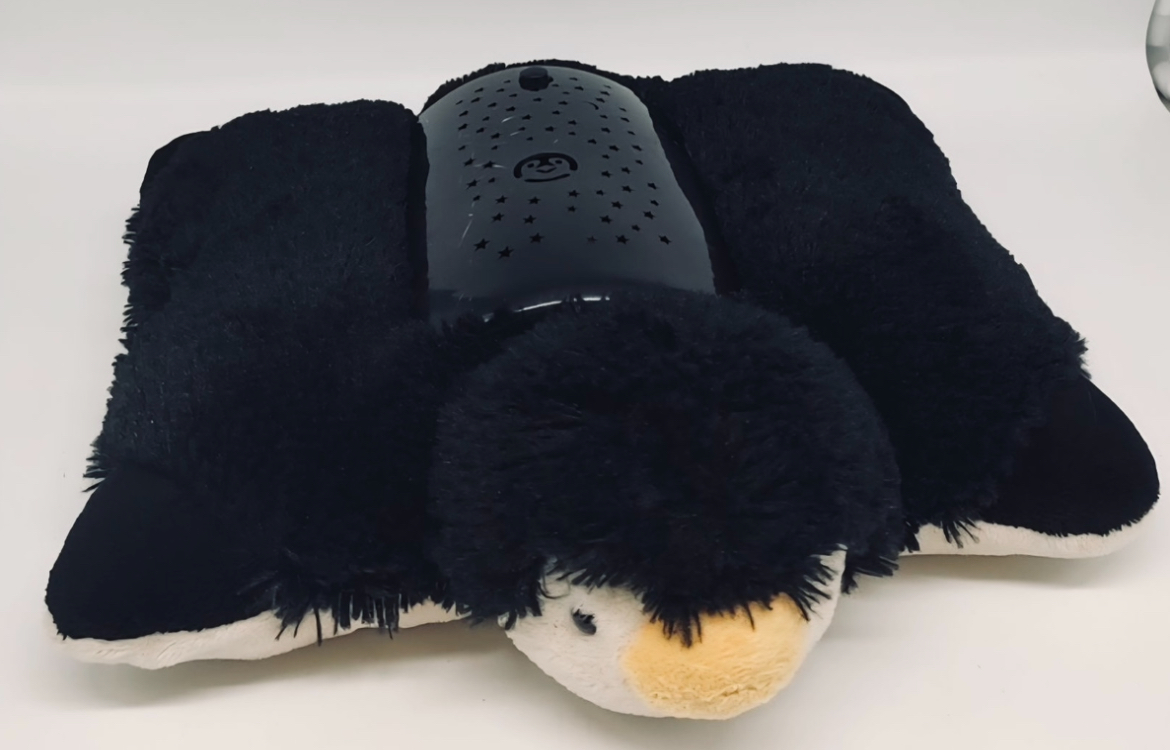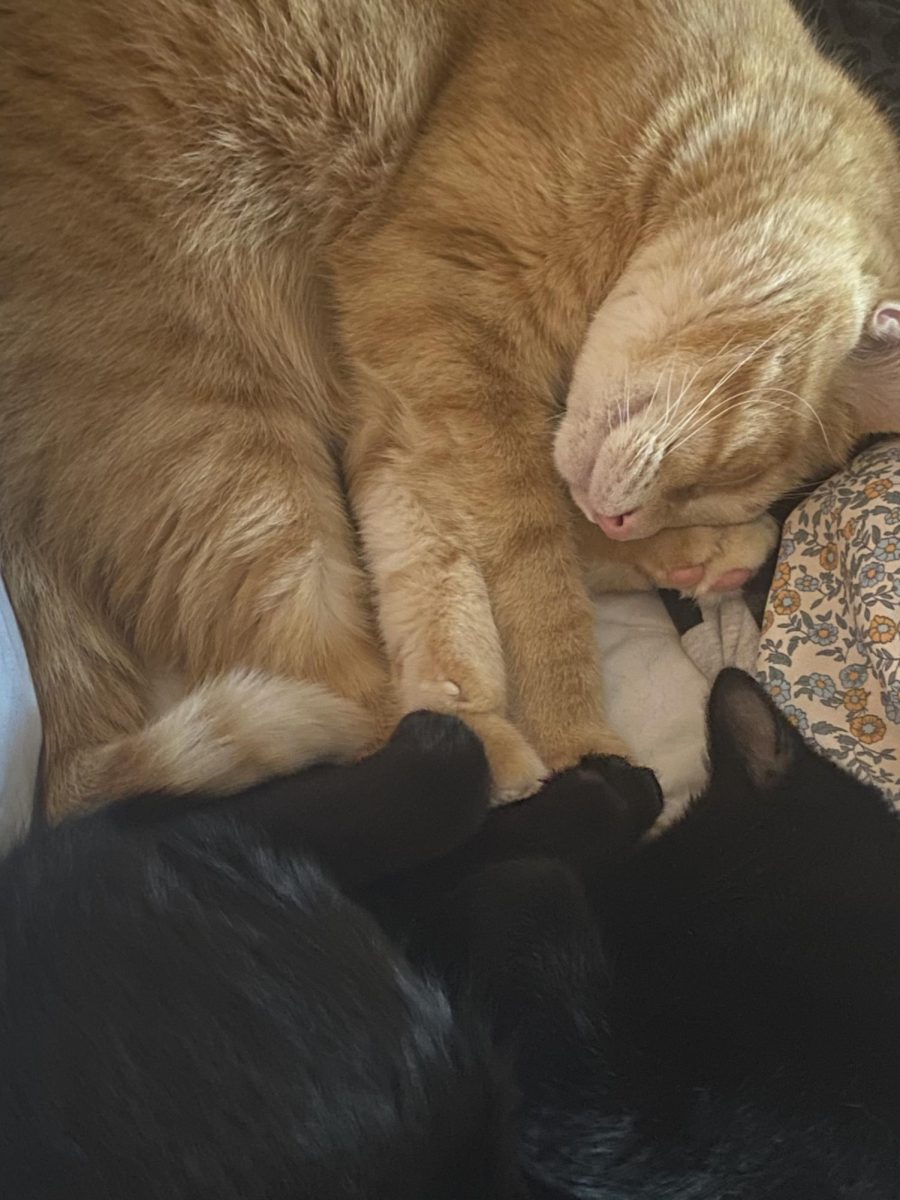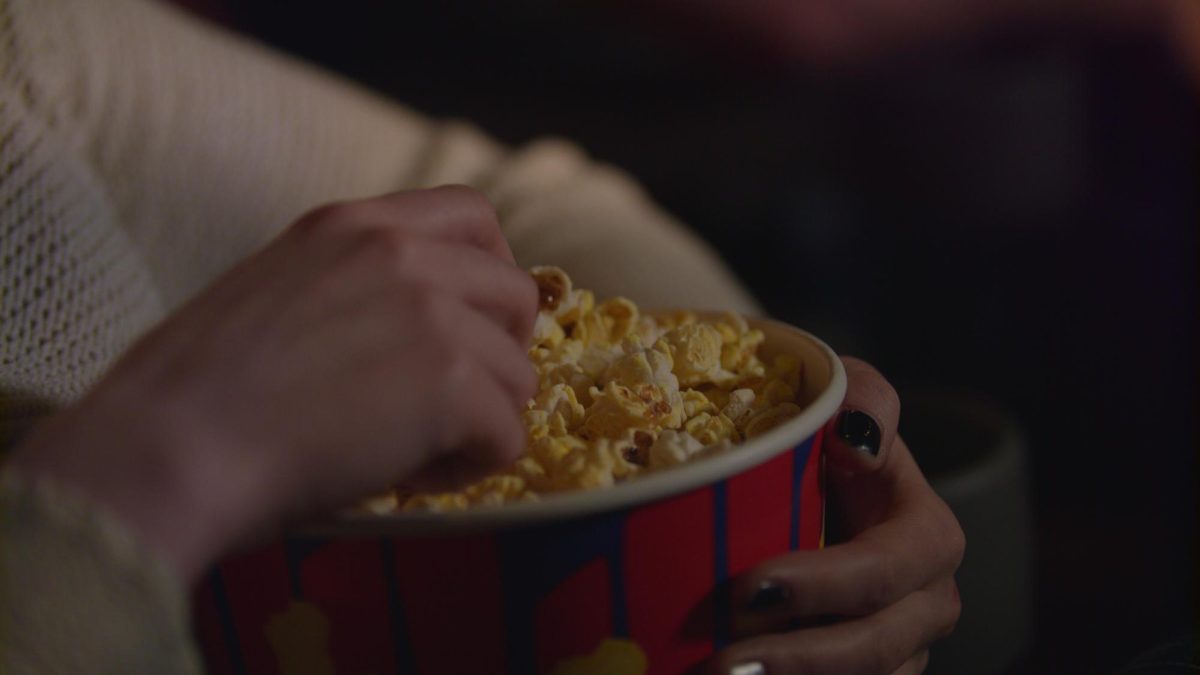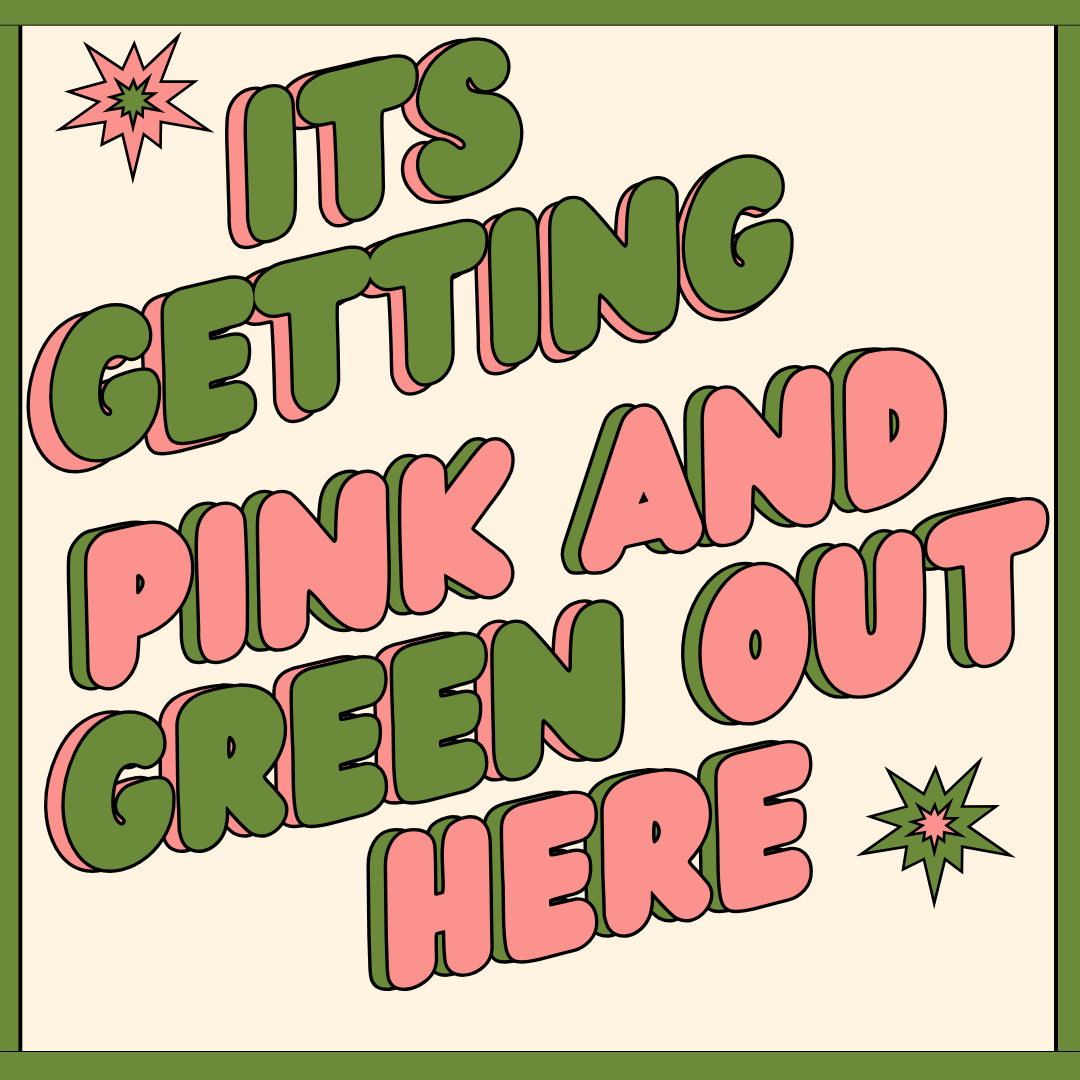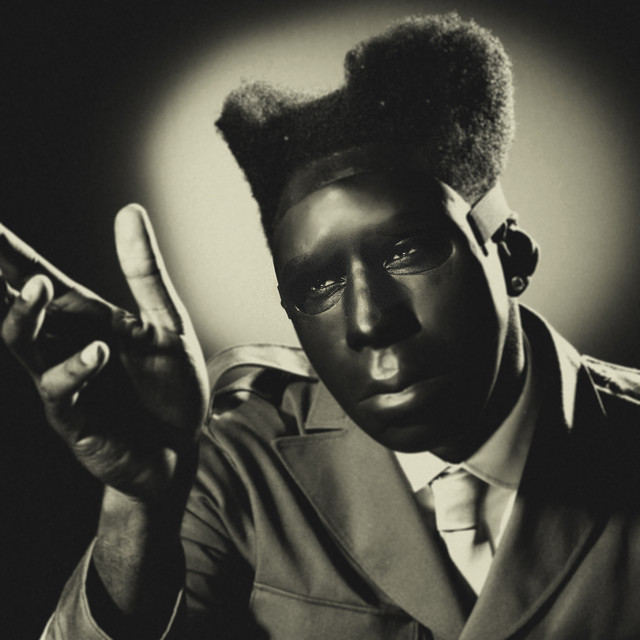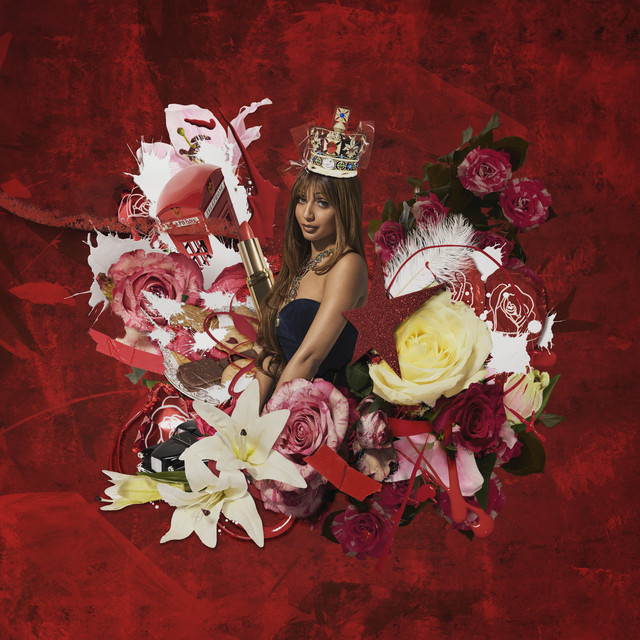They purr, play, and curl up beside their owners just like any other cat—but centuries of superstition have painted black cats as unlucky. Even now, these gentle animals face prejudice rooted in myths from long ago.
Historical Background
Black cats have been considered bad luck in some parts of the Western world, particularly in Northern America and parts of Europe. They have become associated with bad luck, witches, and the occult starting in the Middle Ages. The Salem witch trials in the Massachusetts Bay Colony are the main event that caused them to be known for bad luck. The trials were held June 1693 – May 1693 in which people were convicted as “witches” and hanged. Black cats were deemed as Satanic creatures by their connections with witches and the document; “Vox in Rama” which stated them as a “Vessel of the Devil” from the Catholic church. Due to this, many black cats were killed due to connections made between them relating to witchcraft and the devil. On the contrary, in many cultures including Great Britain, Ireland, Japan, and Egypt, black cats are considered symbols of good luck and good fortune. Sailors often welcomed black cats aboard their ships, believing they brought good luck and a safe return home.
Goes Beyond Cats
Humans and animals have been killed due to the color of their skin. It has happened many times over history where innocent lives are killed due to the color they were born as. This idea of black cats being killed because of their color is an event that doesn’t only apply to cats. This is history: the Holocaust, Slavery, and many massacres happened because people were deemed as worthless due to their race. It’s important to acknowledge the unjust things that happen so that it can get enough publicity for something to change.
Local Opinion
Hashem Alturk, a senior at our school, says he doesn’t believe the superstition about black cats. During the interview he stated, “My religion doesn’t believe in superstitions” therefore black cats were not associated as a bad omen. In his childhood he recalled seeing the idea through cartoons on the TV but never believed it. He himself had owned two cats with one being a black cat named Luna. Alturk does say that his mother was scared of Luna not because of the superstition, but because her fur was black, therefore making her worry that she would accidentally run the cat over at night. Overall, Alturk does not believe that crossing paths with a black cat means bad luck is coming his way.
Cory Stringer, another senior at our school, does agree that there is a superstition surrounding them but not as bad luck but the opposite. When asked the reasoning behind her belief she replies, “When I have crossed paths with a black cat it usually brings me good luck.” She knows someone that currently owns a black cat which shows the diverse beliefs about black cats. Stringer is aware of the ritualistic sacrifices done especially during this month which she argues is “inhumane” believing a protection law should be made.
Lauren Kuzma, a teacher at Briar Woods in the science department, does believe that black cats are bad luck. Due to her own personal beliefs formed during childhood experiences. She states, “I would never own one myself” but doesn’t have a major problem with them. Her thoughts on the killings of black cats during this month is something she strongly disagrees with and thinks that there should be a law protecting them should be put in place.
Personal Experience
Currently I own two cats, Tiger being an orange tabby and Luna being a bombay. Owning a black cat has been one of the best experiences I’ve had because she’s like any normal cat. Tiger was a surprise that my mother thought would be a good addition to the family. Tiger was adopted by us as a kitten which played a heavy role in taking him home. I remember walking into the shelter and spotting him immediately in his cage. Being completely smitten, we brought Tiger home that day. The first few weeks having Tiger in the house brought much joy. As he grew older I started noticing his behavior became aggressive and unhappy. This confused me, so I contacted my aunt since she owns three cats. I found his change in behavior could be the result of not having the company of another cat. A few months later as my mother and I were driving back from Washington state we spotted an animal shelter on the side of the highway. There we found Luna, adopting her was the best decision we made because bringing another cat into the house has helped Tiger greatly. The day we brought Luna home he was hissing and wary of her. As days turned into months, then years, Tiger and Luna have formed an inseparable bond. Luna lifted his mood greatly and brought companionship into his life. Seeing this form throughout the years was a great thing to be a witness of.
Emotional Importance
Most people own pets at some point in their lives, having them in a household is common nowadays. The bond that owners form with their pets is on par with humans or stronger. Unfortunately, stereotypes affect all animals, not just black cats. Many dog breeds are often categorized as aggressive due to their size or the original purpose that the breed was made for. Those dogs are given to animal shelters due to their aggressive nature. German shepherds, Pitbulls, and Rottweilers are well-known to be “dangerous” and often seen at shelters. Similar to black cats, they are all seen as bad luck due to their appearance but at the end of every superstition or stereotype towards animals is a soul that wants to be loved.









